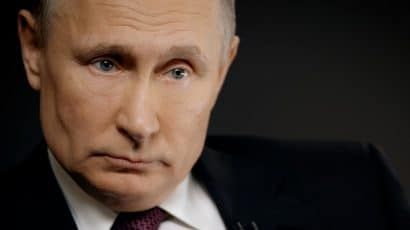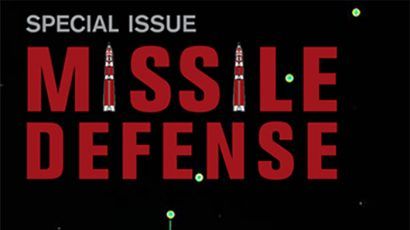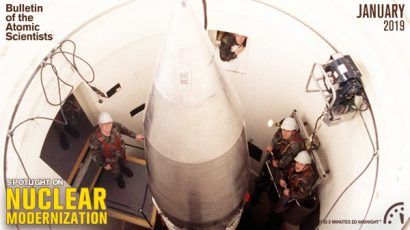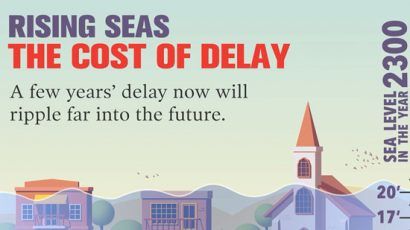Search results for nuclear notebook
Observers have put forward varying explanations suggesting that Russian President Vladimir Putin hopes, through nuclear threats, to achieve some current or future tactical edge in his face-off with Ukraine and NATO. But none of that reasoning erases a dangerous reality: Any Russian use of tactical nuclear weapons would create unprecedented conditions that could easily lead not to Russia's advantage, but to a wider nuclear war that would decimate Russia—and its leadership.
Special issue: The evolving threat of hybrid war
The current sense of “hybrid war,” was introduced in 2005, when James N. Mattis, now the US defense secretary, and National Defense University researcher Frank Hoffman called it “a combination of novel approaches—a merger of different modes and means of war.” Since then, the use of hybrid warfare techniques has expanded dramatically, from Iran’s blend … Continued
Obama in Hiroshima
On Friday, May 27, President Barack Obama will become the first sitting U.S. president to visit Hiroshima, Japan, site of the first atomic bomb detonation in history. Amid the debate over the visit—will he or won’t he go; will he or won’t he meet with the Hibakusha; will he or won’t he apologize—it is clear … Continued
Special issue on missile defense, and a brand new website
The July/August issue is now available! Driven by varying (mis)perceptions of the motives and capabilities of their adversaries, the United States, China, and Russia are pursuing their own versions of missile defenses. In this issue, we look at this expensive, ineffective, and potentially destabilizing international pursuit with the help of an extraordinary lineup of the … Continued
Watch Now—China’s new nuclear silo fields: Negotiating card or arms race catalyst
Watch the Bulletin virtual program “China’s new nuclear silo fields: Negotiating card or arms race catalyst” featuring Duyeon Kim, Matt Korda, and Tong Zhao in conversation with Susan D’Agostino. These experts discussed the recent open source discoveries of the new Chinese nuclear missile fields and offered insights into whether this move is indicative of a larger strategy shift or … Continued
Magazine free-access ends soon
Read the January special issue while you can The nuclear modernization craze has been on the minds and in the conversations of nuclear policy experts all over the world in recent weeks. As nonproliferation agreements like the INF Treaty are set aside, nuclear weapons states are not only modernizing existing systems, but building new ones … Continued
Resilience and the climate threat, guest-edited by Alice C. Hill
In early February, the Trump administration unveiled a $1.5-trillion infrastructure plan that has received criticism on several fronts. Chief among the complaints is a lack of planning for civil and infrastructure disruptions resulting from extreme weather and a changing climate. But the Trump administration isn’t unique in this regard: studies indicate that governments around the world underinvest in infrastructure resilience by at least 70 percent. But what do we mean when we say “resilience?” And who benefits from efforts that do exist?
Hiroshima and Nagasaki — 72 years later
It’s been 72 years since the Bomb was dropped on Hiroshima and, a few days later, on Nagasaki, Japan. Since that week in August when the world was changed forever, the global nuclear arsenal has risen and dropped. Countries have joined and left the nuclear weapons club, with North Korea becoming the most recent member. … Continued
Bringing the Soviet military-industrial complex to life
In Moscow on July 27, 1989, at the offices of the Central Committee, a group of high-level officials gathered in the office of Lev Zaikov, the Soviet Politburo member who oversaw the country's military-industrial complex. Sixteen people in addition to Zaikov came to the session, a Politburo "commission" that included Foreign Minister Eduard Shevardnadze, KGB Chief Vladimir Kryuchkov, and Chief of the General Staff Mikhail Moiseev.
- « Previous
- 1
- …
- 10
- 11
- 12





